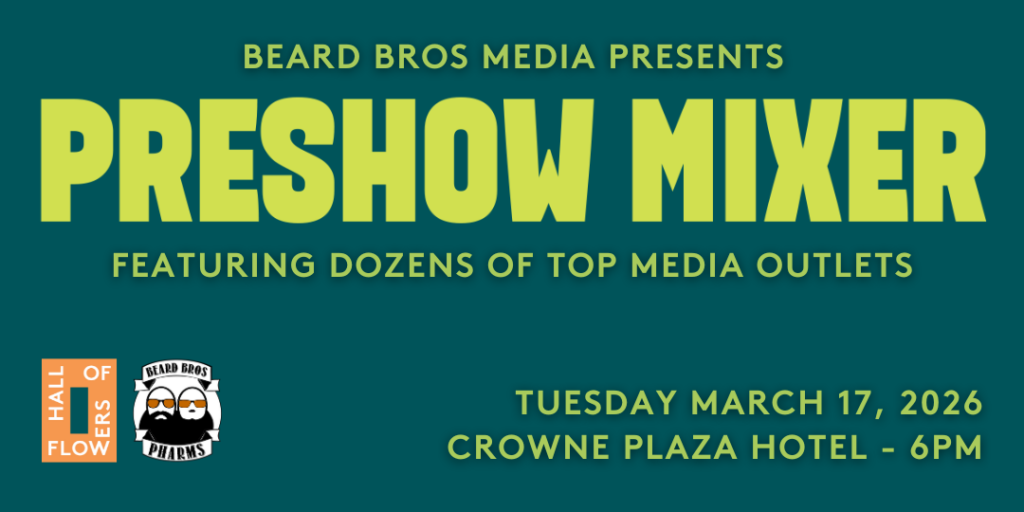Sacramento’s first-ever social-equity-owned dispensary, Embarc, has finally opened its doors. This is part of a growing effort to rectify some of the atrocities of the War on Drugs, providing a bit of recourse for those harmed by predatory anti-drug policies.
The Story Of Embarc
Embarc is the first-ever social-equity-owned dispensary in Sacramento, and it’s changing the game for small businesses in the city. The social equity license program was created to rectify discriminatory anti-drug laws that have disproportionately impacted communities of color and people with low incomes—which is precisely who Robert Jackson wants to serve as the majority partner.
Jackson said he wanted to operate a cannabis business that could positively impact his community, so he applied for a social equity license as soon as they were available in Sacramento.
With 1% percent of gross profits at the dispensary going to community organizations and workers making $18 an hour plus profit sharing if they stay on staff for at least one year, it’s clear that Embarc is here to ensure everyone can benefit from legal weed.
Dispensary Licenses In Sacramento
Sacramento, California’s capital, has a long history with cannabis. The city was one of the first to pass a medical marijuana ordinance, and as of August 2018 had 20 dispensaries already operating. After recreational marijuana was legalized, the city created ten licensing opportunities for applicants.
The city approved the ten dispensary applicants in April 2021, selecting them from more than 125 applications. None of the ten dispensary applications approved in Sacramento would have qualified for Los Angeles’ more stringent social equity dispensary program. Each dispensary needs at least 51% ownership by social-equity owners—people who meet specific qualifications—but can receive outside funding from other sources.

Big Cannabis Investing In Social Equity Dispensaries
Big cannabis is making a play for social equity licenses, and it’s paying off.
As with any industry, there’s a lot of money to be made—and not all of it goes to the people who need it most. To combat this trend, California has implemented a system that allows applicants who meet specific criteria (including being a resident of an area that has been disproportionately impacted by marijuana prohibition) to apply for special licenses that will enable them to sell cannabis at an affordable rate.
Social equity licenses are meant to provide income and opportunity to those most affected by the war on drugs—people convicted of a marijuana-related crime or who lived in areas where law enforcement disproportionately targeted minorities. But if big companies invest in these dispensaries and own so much, then the social equity licenses aren’t functioning as they should.
Suppose we want our industry to be socially responsible. In that case, we need people with different backgrounds than us—people affected by these laws—involved in all aspects of this industry’s operations.

As we’re seeing, states are looking to get significantly involved in the cannabis industry. And that’s great! But there is one area where states could be doing more to support social equity businesses: direct investment.
We know those big retailers want to expand their footprint through new locations. Still, it’s time they started considering their impact on small business owners trying to open their dispensaries. There have been some positive impacts in California—where Big Cannabis has invested heavily in the state’s social equity program. But what if the state had invested directly in these small businesses? The state could have looked now at the people who needed help most—the small business owners who want to open a dispensary but don’t have the resources or connections to get their foot in the door.
They could have done this by offering help through programs like microloans for entrepreneurs or grants for specific businesses serving underserved communities. These kinds of programs would allow social equity businesses to start up without relying on large corporations or partnerships with them to succeed.
Enjoyed that first hit? Come chill with us every week at the Friday Sesh for a freshly packed bowl of the week’s best cannabis news!






















